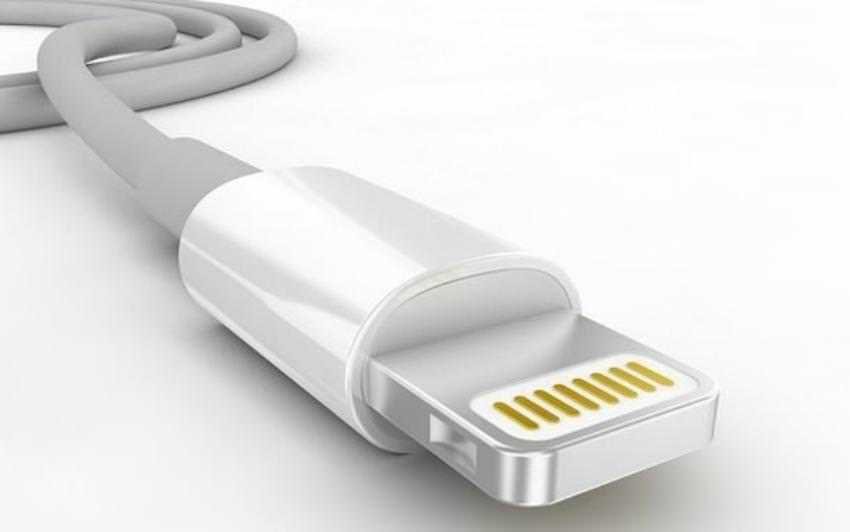Earlier this week, Wall Street Journal released one interesting publication which stated that Apple could ditch the Lightning port and replace it with a USB-C in the upcoming iPhone. As it turns out, the excitement of many is probably a bit premature.
Apple analyst Ming-Chi Kuo today addressed the rumors by writing that all three upcoming iPhone models will continue to use the Lightning port. According to the analyst, Apple will likely introduce a number of internal changes to offer the ability to quickly loading devices.
Ο αναλυτής αναφέρει ότι hardware tweaks θα επιτρέψουν στην Apple να αναπαράγει μερικά από τα οφέλη της θύρας USB Type-C ενώ θα εξακολουθεί να χρησιμοποιεί το Lightning. Όπως παρατηρεί το 9to5Mac, παραμένει ασαφές εάν αυτή η φήμη έχει καμία σχέση με προηγούμενες που ανέφεραν την wireless charging.
Kuo added that while a USB-C port is sure to have more capabilities than Lightning, the Cupertino has little or no incentive to make the switch. The analyst says that the two main reasons that Apple insists on Lightning are the licensing rights that it will have to pay for USB-C, as well as the small size of Lightning, which allows the company to "fit" it comfortably in a lot of small appliances.
Η Apple Lossless Audio CODEC (ALAC), will actually lose some licensing revenue by switching to USB-C which makes sense considering the money it will lose if it allows its customers to use the same cable for phones and laptops.
In any case, the chances of seeing a USB-C on an Apple device are very small and we will probably have to wait at least another year until the company decides some radical change in iPhone design.





